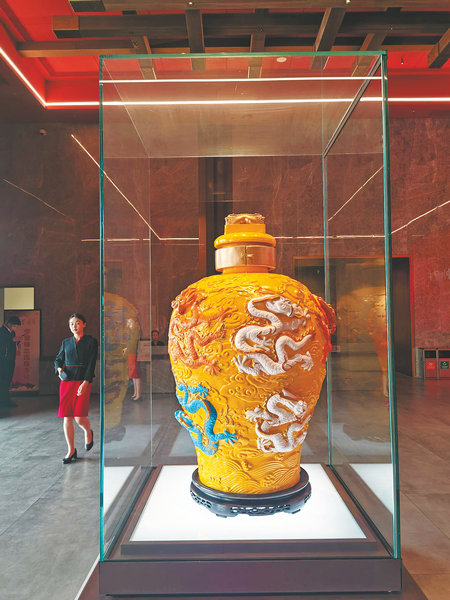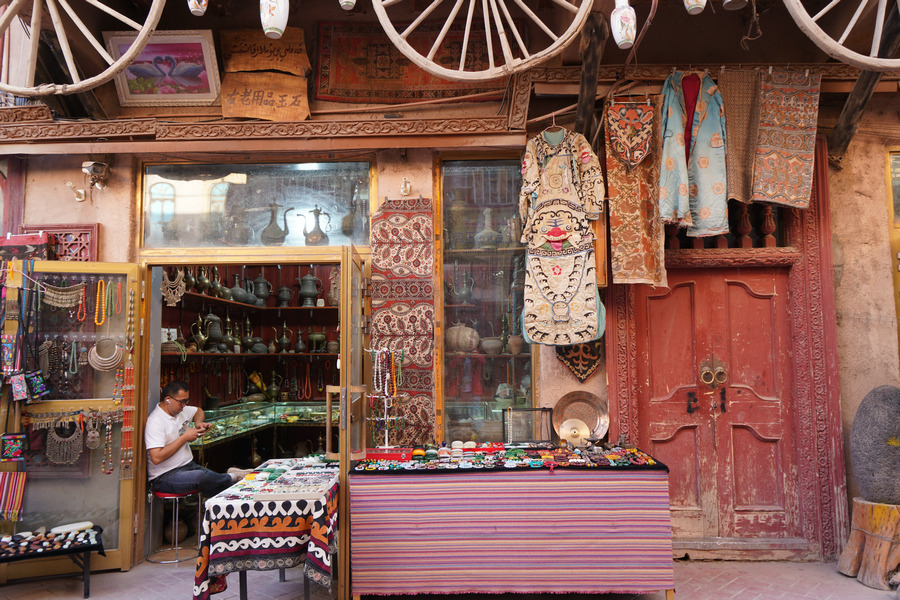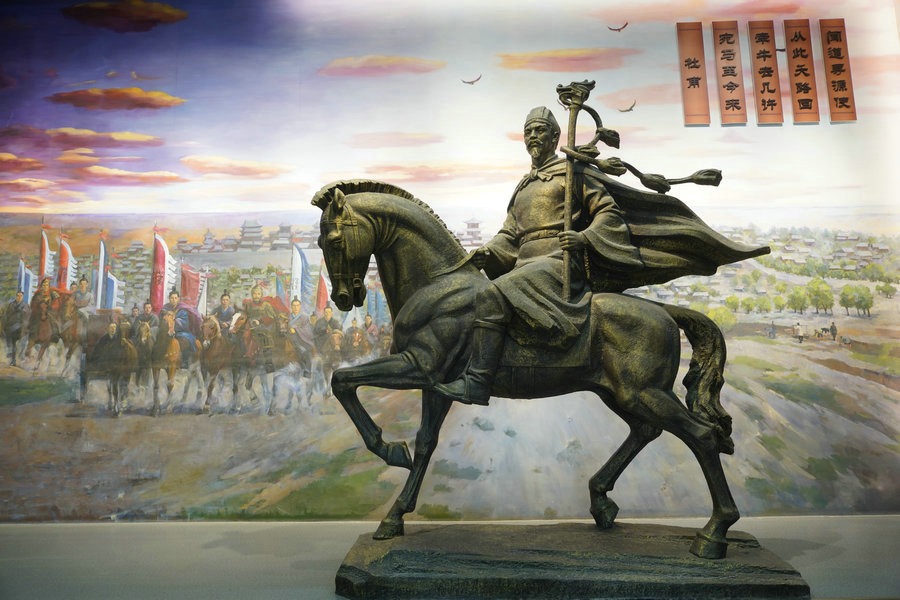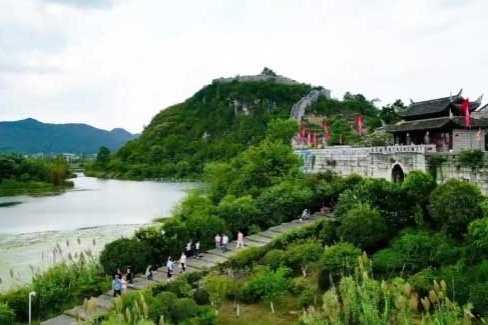Adrift in a sea of green


The Bamboo Sea has easy transport facilities. A taxi can take visitors to the Changning Railway Station near the county seat in around 30 minutes and they can reach Yibin and Chengdu, capital city of Sichuan, by bullet train from the station.
Designed by the State Council as one of the country's historically and culturally famous cities, Yibin is located on the borders of Sichuan, Yunnan and Guizhou provinces and at the juncture of the Jinsha, Minjiang and Yangtze rivers. The starting point of the golden waterway of the Yangtze River, Yibin is an open city designed by the State.
Visitors head for the juncture of the three rivers as there are no highrise buildings and the horizon is broad. A majestic white Ming Dynasty (1368-1644) tower perched atop a nearby green mountain offers a picturesque scene.
Yibin is China's renowned "capital of liquor", with a distilling history of over 3,000 years. The mention of the city will bring to mind Wuliangye, one of China's best-known liquors. Wuliangye's ancient cellar in the city has a history of more than 600 years of uninterrupted production.
Today's Yibin appeals strongly to visitors because of its liquor, bamboo and tea culture.
With its climate, the city abounds in agricultural resources. While liquor and tea lovers are happy to see what they like in different parts of the city, other visitors show a strong interest in ranmian, the "burning noodles", on the street. Available in almost every restaurant in Yibin, the noodles are like the famous hot dry noodles in Wuhan, Hubei province. The difference is that the "burning noodles" are mixed with peanuts and bean sprouts.

































